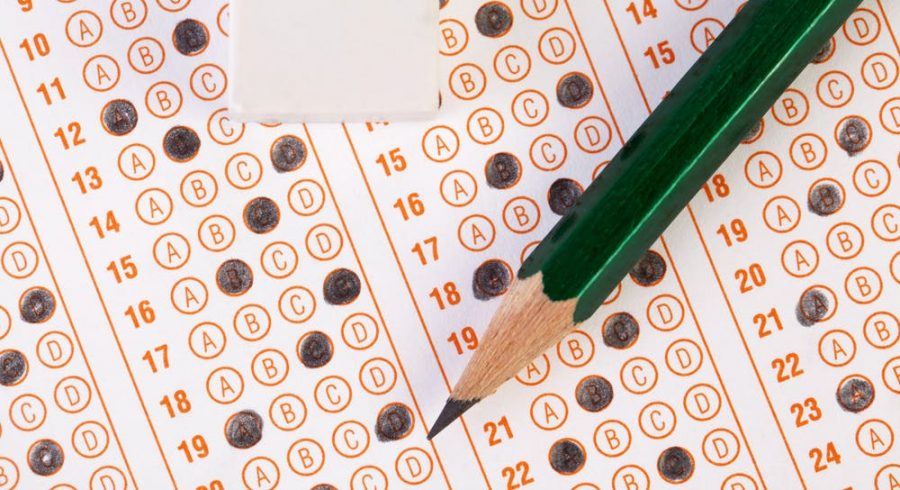The Present and Future of Standardized Testing
September 15, 2020
Approximately a week ago, Alameda County Superior Court Judge Brad Seligman ruled that the University of California system may no longer use ACT and SAT tests in admissions. Seligman said the test-optional policy most UC campuses had adopted up to that point gave privileged and non-disabled students a “second look” during admissions. In other words, despite the test-optional policy, students who took standardized tests were given more consideration. Disabled and less privileged students who were unable to take the tests would not receive the same treatment. As such, usage of the ACT and SAT in UC admissions should be abolished altogether.
This decision comes after many colleges have dropped the SAT and ACT requirement for fall 2021 admissions. In response to the coronavirus pandemic, ACT Inc. and the College Board, the companies that respectively administer the ACT and SAT, canceled their exams for a majority of the summer of 2020. This prompted many colleges and universities to adopt a test-optional policy, where tests are viewed as additional but not required material to consider in a student’s acceptance. Seligman’s ruling, on the other hand, completely eliminates the usage of standardized testing in admissions.
Views on this recent change are divided. Some students are supportive of the ruling. Senior Satya Rajendra believes this was a justified development.
“No SAT and ACT in college admissions is good,” he said. “Standardized testing enforced an unfair advantage for some students, like those who can afford tutors and other outside help. Plus, standardized testing is a bad reflection of a person’s intelligence or capabilities. I know that kids from richer families tend to score a lot higher than those less well off.”
On the other hand, some students protested this decision. “What about the students who have already invested time and effort into the SAT and ACT?” asked junior Sylvie Thompson. “And even though standardized testing is flawed, it’s not like the grades system is an accurate reflection of a person either, because wealthier kids tend to do better in that area too. A lot of my friends have worked really hard to get great scores. I feel like this invalidates all their efforts. This decision helped a few at the expense of many.”
So what should students do now? The University of California has stated they “respectfully disagree with the Court’s ruling,” and will likely pursue legal action to repeal this decision. This means future outcomes are still uncertain. For now, there is still value in taking the SAT and ACT, as they are still applicable when applying to a number of private universities. However, this development means that students should continue investing more of their efforts into their grades and their extracurriculars.
Photo courtesy of THECONVERSATION.COM

